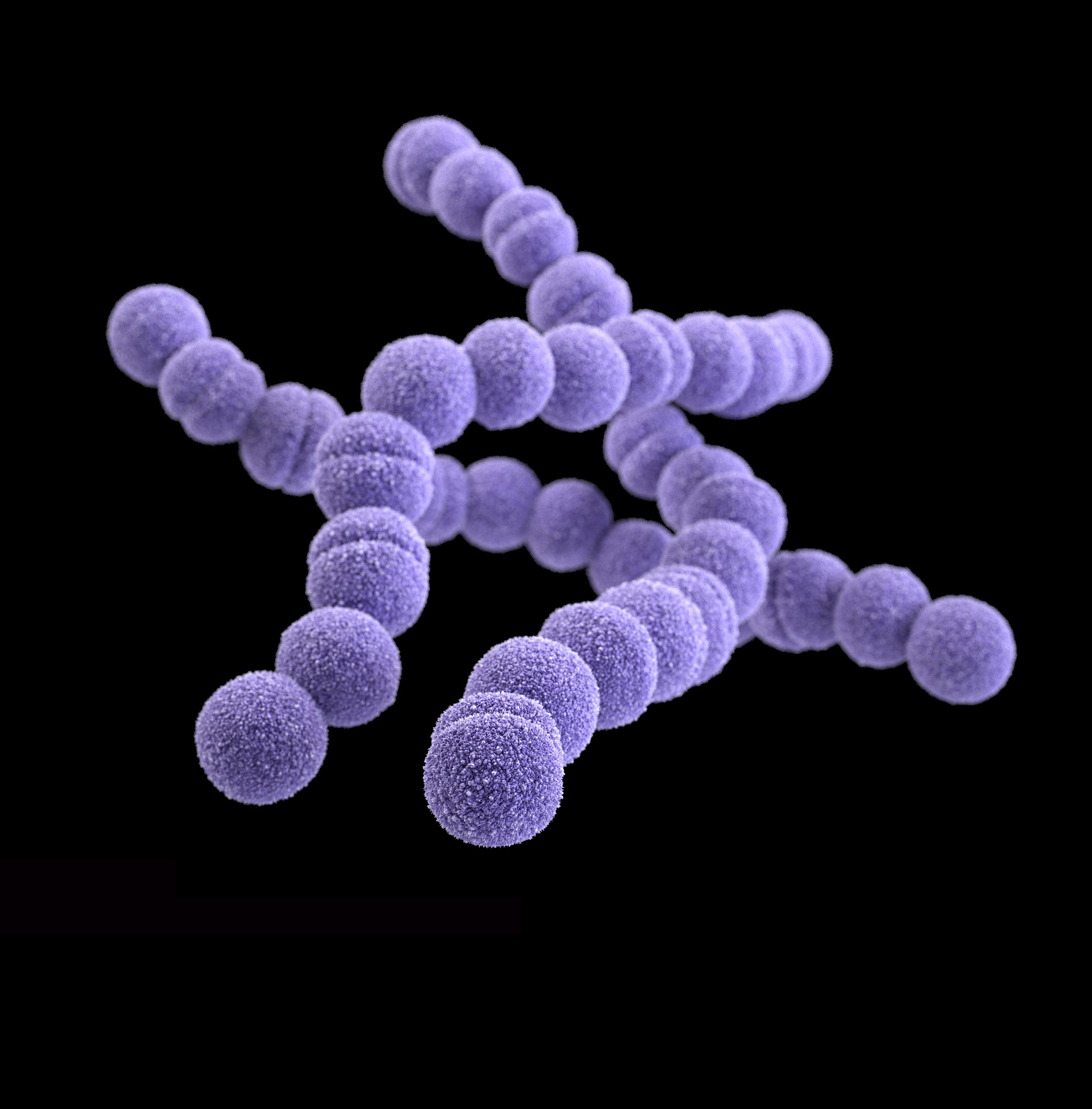
Twin and family studies have shown that people with first-degree relatives
(parent, sibling, or child) who have OCD are at a higher risk for developing OCD themselves.
The risk is higher if the first-degree relative developed OCD as a child or teen. Ongoing research
continues to explore the connection between genetics and OCD .

